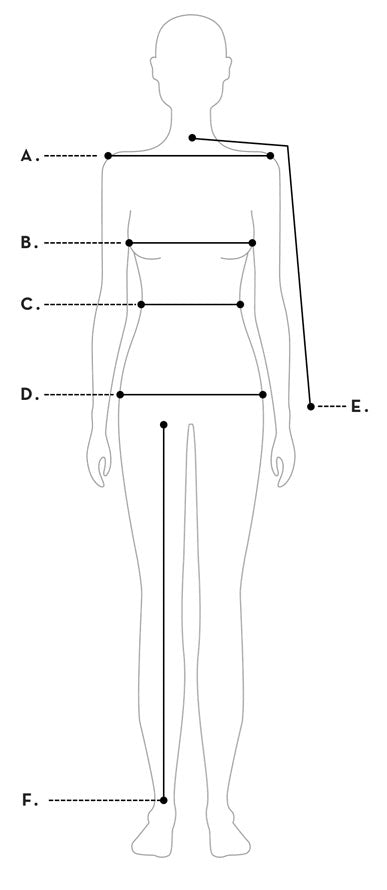
Meet the Director: Katharine O'Brien
Plus, her cinephile guide to LA

What are your filmmaking rituals or traditions?
I have so many! I really believe in the power of ritual. Best way to deal with all your psychosomatic ailments. Jodorowsky writes about this beautifully in his book Psychomagic. Directing can be so stressful and physically grueling. It takes such a toll on the body. I’m a sensitive person too; I guess it’s part of the job. It took me a while to figure out I did my best work if I was strong in body. Supplements, acupuncture, massages all essential when shooting or traveling to festivals—and also sometimes throwing all that to the wind, btw!
My everyday ritual when I’m in a writing zone is to wake up around 6 AM, meditate, put on my robe, make tea, and go until 1 PM. Then try to get out and take a walk around the Silver Lake Reservoir. I’m a next-level tea drinker—I grow my own herbs on my deck. I used to help my aunt harvest lavender on her ranch in Santa Ynez and sell it at the farmers' markets, so I’m big into essential oils. I make my own blends as well. Got an ailment? I’ll steam it out of you. Toe fungus? Good as gone. I love going to the Korean spas in LA. They’re this great social leveler. Those are ancient health practices from the earliest civilizations, available to all. I like Natura Spa. They have mugwort baths. It’s like sitting in a giant cup of tea. I’m in heaven.
Katharine O'Brien wearing the Dillon pullover, Melissa skirt and Rosalina sandals



Once when I was interviewing at a production company to be an assistant, the producer asked me what I wanted to do and I told him I wanted to be a writer. He asked me, "Then why don’t you just write?" I was like, huh. Yeah. It’s so simple, but so often people don’t go directly after the thing they want. You have to know what it is and then just go straight for it.
That’s a tough question because there are so many. I do remember one striking moment watching Kieslowski’s Dekalog: Two. Dorota wrings a plant with her hands, destroying it, when thinking about her husband ill in the hospital. She leaves and the camera just stays on the plant. And there’s this beautiful moment when the plant unfurls on its own, structurally re-righting itself. In addition to being a visual metaphor about her husband’s recovery, it just seems to actually capture the very moment of life finding a way... to quote Jeff Goldblum, lol. But it made me realize the unique ability of film as a form to capture that which is beyond words: its potential for expressing the existential. I think that’s when film is at its best.
What I’m most fascinated by are stories that look at the bigger picture, how societies function at a macro level. I’ve had a very varied upbringing—my father was a cop in Southie and my stepfather was a New York art dealer retired to Santa Barbara. I didn’t realize it at the time, but I was seeing a whole range of social class and experience. I like stories that reveal the ridiculousness of the bureaucracies that try to order us, separate us. I like characters that traverse between them. I like identifying how systems are broken, because fixing a broken system is the only effective way to bring about real change. Otherwise you’re just running in circles or throwing good money after bad.
Tell us about Lost Transmissions...
It was inspired by a similar experience I had with a friend who went off their medication for schizophrenia, during which I learned how difficult it is to get them help. It’s about the struggles communicating with people who are suffering from a mental illness, how tricky it can be to get them to take their medication, and how the laws here make it difficult to get them into a psychiatric facility. I’ve been inspired by just how many people come up to me after the film and say they have gone through something similar with a loved one. Films about mental illness often show it from the terrifying delusions of the person suffering, but I was interested in the realities creating the problem. That’s why the story is rooted with Juno Temple’s character, Hannah. It’s about what do you do when you’re being tried and pushed away by the person you’re trying to help? How far are you willing to go?
Greatest challenge making this film?
We had to wait for a while since Simon Pegg was filming Mission Impossible. But I knew he was so perfect I didn’t want anyone else. There’s just a ton of waiting in film. So much time you spend alone in a room with your ideas without any affirmation. You have to develop this steely faith in yourself and your work. Maybe an unhealthy delusion. But that’s kind of what it takes.
Katharine O'Brien in the Farley dickey jacket and Brayden dickey with the Dillon pulloverand Melissa skirt

Favorite scene?
I really love the quieter scene with Hannah and Theo when she brings him back to her apartment to take care of him. It was our first shooting day, and Simon and Juno nailed it. I felt like their interaction really captured that feeling I had experienced around people in that condition. Their mental state can almost feel infectious, and you start feeling disassociation and destabilized yourself. There must be some science to that which we’ll discover someday. They say people pick up other people’s heart rates; maybe mental states are the same. I think that’s part of the reason why many have a hard time helping those who are ill.
Also, the scene played well to that common experience I’ve also had with my grandmother, who is schizophrenic, trying to get her to take her medication. It really helps her but her condition makes her think otherwise. We try to convince her to take it; she refuses. Her nurses will try to put it in her food; she spits it out. We’ll grind it up to put in her ice cream; she figures that out and suddenly doesn’t like ice cream anymore. It’s a little game we all play that everyone’s aware of.
What's next for you?
I have a film that’s set in 1500s Scotland next, and I can’t wait to go there and immerse myself in that world. Maybe because it’s my heritage, but that part of the world really calls to me. It’s like my cells wake up and recognize they’re home my DNA. I have a very stirring affinity with the land there.


